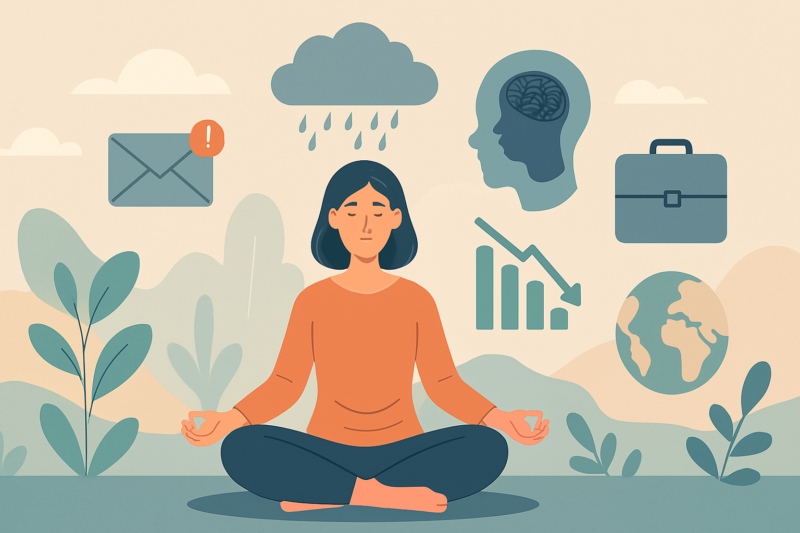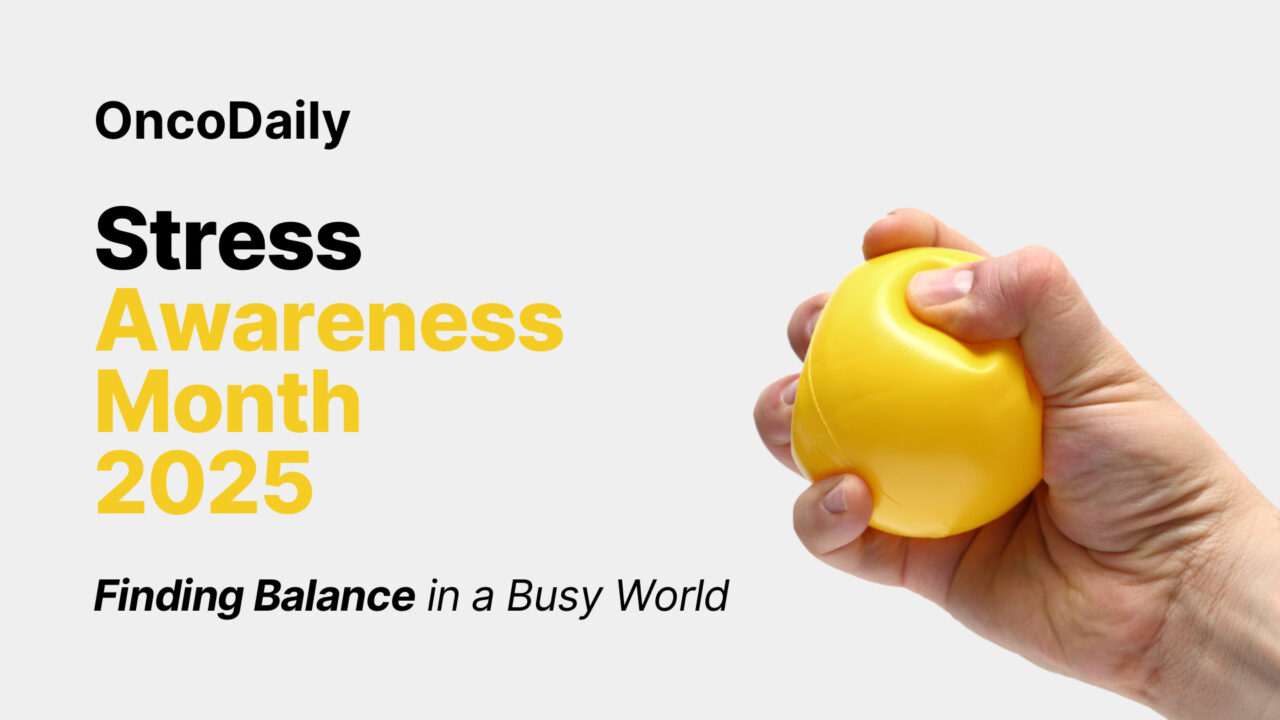April is here, and with it comes Stress Awareness Month—a time to pause, reflect, and talk about something we all deal with: stress.
Let’s face it—life today moves fast. Between work deadlines, personal responsibilities, social obligations, and the constant ping of notifications, it’s no wonder so many of us feel overwhelmed. Stress Awareness Month reminds us that while stress is a normal part of life, it shouldn’t control us. It’s also a chance to learn healthier ways to cope, support each other, and build more balance into our everyday lives.
Why Do We Need Stress Awareness Month?
We often hear people say, “I’m so stressed,” but how often do we really stop and think about what that means? Stress affects not just our mood, but our bodies too. It can lead to headaches, trouble sleeping, heart problems, anxiety, and even burnout.
The truth is, most of us are juggling more than ever before. And while short bursts of stress can be helpful—like motivating us to meet a deadline—chronic stress can wear us down. That’s why raising awareness matters. The more we talk about it, the more we can normalize seeking help, setting boundaries, and taking care of our mental health.
The Theme for 2025: “Balancing Act”
This year’s theme, “Balancing Act,” couldn’t be more timely. In 2025, many of us are still figuring out how to navigate a world that feels constantly “on.” Remote work, digital burnout, financial pressure, health concerns—it’s a lot. The idea behind this year’s theme is simple: we all deserve a better balance between life’s demands and our own well-being.

What’s Stressing Us Out in 2025?
Let’s break it down. Some of the biggest stress triggers people are facing right now include:
-
Work-related pressure – long hours, tight deadlines, job uncertainty
-
Digital overload – being constantly connected with little time to unplug
-
Financial worries – rising costs, inflation, economic instability
-
Health concerns – ongoing medical challenges and fears
-
Loneliness and disconnection – especially in a world where so much is done virtually
-
Climate anxiety – concern over environmental issues and natural disasters
It’s easy to see how all these things, together or even on their own, can take a toll.
What Stress Can Do to Our Health
If you’ve ever felt your heart race during a tense moment or struggled to sleep after a tough day, you’ve felt stress at work. But over time, stress can have more serious effects, including:
-
High blood pressure
-
A weakened immune system
-
Digestive problems
-
Anxiety or depression
-
Fatigue and trouble concentrating
Stress doesn’t just make us feel bad—it can impact how we live and function each day. The good news is: we can do something about it.
Ways to Cope with Stress and Feel More in Control
Here are a few practical steps we can all take to feel better and more balanced:
1. Take a Breath – Literally
Mindfulness and deep breathing exercises can calm your nervous system. Even 5-10 minutes of meditation a day can make a real difference.
2. Move Your Body
Exercise is one of the best natural stress relievers. Whether it’s walking, dancing, or yoga—moving your body helps release tension and boost your mood.
3. Set Boundaries
It’s okay to say no. It’s okay to log off. Learning to protect your time and energy is key to avoiding burnout.
4. Talk It Out
You don’t have to carry everything alone. Whether it’s a friend, family member, or therapist—talking about what’s bothering you can lighten the load.
5. Sleep, Eat, and Hydrate Well
Stress is harder to manage when we’re tired, dehydrated, or living on caffeine and sugar. Prioritizing rest and nourishment goes a long way.
How Workplaces and Communities Can Help
It’s not just on individuals. Employers, schools, and organizations have a big role to play too. They can help by:
-
Encouraging open conversations about mental health
-
Offering wellness programs and flexible work options
-
Creating environments where people feel supported—not judged
-
Providing access to professional help and resources
Small changes in culture can make a big difference.
Getting Involved in Stress Awareness Month
Want to support this month in your own way? Here are a few ideas:
-
Share helpful resources on your social media or at work
-
Join or host a wellness session (think yoga, journaling, or meditation)
-
Start a “no email after hours” policy with your team
-
Check in on someone who might be going through a tough time
-
Reflect on your own habits and what helps you recharge
It all starts with awareness—and with small actions, we can create big change.
Final Thoughts
Stress Awareness Month isn’t about eliminating stress altogether (because let’s be honest, life will always have its challenges). It’s about learning to manage it better, caring for ourselves and others, and making room for balance.
So this April, take a moment to breathe. To pause. To check in with yourself and the people around you. Let’s keep the conversation going—not just this month, but all year long.
Because when we take care of our minds, we take care of our lives.Take a moment to check in with yourself and those around you—because even small steps can make a big difference in managing stress.
Follow OncoDaily for more real stories, expert insights, and helpful tips on mental health and wellness.
Your well-being matters. Let’s take care of it—together.
By: Md Foorquan Hashmi, MD, Sr. Editor, OncoDaily: India Bureau


